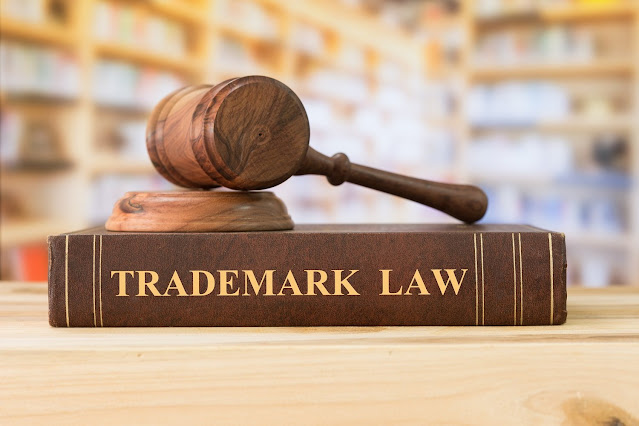All you need to know about Trademark Infringement
Trademark Infringement is a violation of the exclusive rights attached to a trademark with the trademark owner's permission. Trademark owners hire a trademark opposition lawyer to help them take legal action if they believe their marks are being infringed. If the infringement of a trademark is proven, a court order can prevent a defendant from using the mark, and the owner may be awarded monetary relief.
What will happen if someone sues you
for trademark infringement?
A trademark owner who believes its mark is being
infringed may file a civil action in either state court or federal court
for trademark infringement, depending on the circumstances. In many
cases, trademark owners choose to claim for infringement in federal court. Even
when a plaintiff wants state court, it may be likely for the defendant to have
the case "dismissed" to federal court.
If the trademark owner provides infringement, available
remedies may include the following:
- A court order that the party stop using the accused mark;
- An order requiring the loss or forfeiture of infringing articles;
- Monetary relief, including the defendant's profits, any damages
sustained by the plaintiff, and the costs of the action; and
- An order that the defendant, in some instances, pays the
plaintiff's trademark opposition lawyer fees.
However, a court may find that you are not
infringing the trademark, a defense bars the plaintiff's claims, or other
reasons exist why the trademark owner is not entitled to prevail.
How do I know whether I'm infringing?
To sustain a trademark infringement claim in court,
a plaintiff must prove that it owns trademark copyright and that the
defendant's mark is confusing to their potential customers. When a plaintiff
holds a federal trademark registration on Principal Register, there is a
standard assumption of the mark's validity and ownership and the exclusive
right to use the mark in connection with the goods or services listed in the
registration. These presumptions may be denied in court proceedings.
Generally, the court will consider evidence
addressing various factors to determine whether there is a possibility of
uncertainty among customers. In most cases, the key elements are the degree of
similarity between the marks at issue and whether the parties' goods and/or
services are sufficiently related that consumers are likely to assume
(mistakenly) handy come from a common source. Other circumstances that courts typically
consider include:
- how and where the parties' products are advertised
- the purchasing prohibitions
- the range of prospective purchasers of the goods or service
- whether there is any proof of actual confusion caused by the
allegedly infringing mark
- the defendant's purpose in infringing the mark
- and the strength of the plaintiff's mark.
The particular factors considered in a
likelihood-of-confusion perception and weighing those factors vary from case to
case. And the amount and quality of the evidence involved can significantly
impact the outcome of an infringement case.
An experienced trademark opposition lawyer,
considering the particular circumstances of your case, should be able to
provide you with an opinion as to the validity and strength of a trademark
owner's claims.
Bottom Line
If you are looking for an experienced trademarkopposition lawyer to handle your trademark infringement case,
you can contact Trademark.Legal, which is a reputed law firm in California. The
lawyers at Trademark.Legal is experienced, and they will
give you the best advice that will help you maximize your chances of obtaining
a successful registration.





Comments
Post a Comment